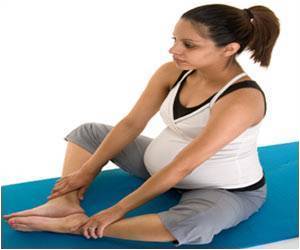Schools should provide students with programs or methods to cope with their response to stressful events like nearby violent crimes.

‘Violent crime in the neighbourhood changes youth's sleep patterns the night immediately following the crime and changes patterns of the stress hormone cortisol the following day.’





A new study has found that violent crime changes youth's sleep patterns the night immediately following the crime and changes patterns of the stress hormone cortisol the following day. Both may then disrupt academic performance in students. The study was conducted by researchers at Northwestern University, New York University, and DePaul University. It appears in the journal Child Development. "Past research has found a link between violent crimes and performance on tests, but researchers haven't been able to say why crime affects academic performance," explains Jennifer A. Heissel, a PhD graduate in human development and sociology at Northwestern University, who led the study. "Both sleep and cortisol are connected to the ability to learn and perform academic tasks; our study identifies a pathway by which violent crime may get under the skin to affect academic performance." The study did so by examining the causal pathways involved with sleep and the hypothalamic-pituitary-adrenal axis, which regulates the body's response to stress.
Researchers tracked the sleep and stress hormones of 82 youth (ages 11 to 18) in a large Midwestern city who attended public schools that were racially, ethnically, and socioeconomically diverse. The students filled out daily diaries over four days, wore activity-tracking watches that measured sleep, and had their saliva tested three times a day to check for cortisol. Researchers also collected information on all the violent crimes reported to the police in the city during the study, including which youth had a violent crime occur in his or her neighborhood.
For each youth, researchers compared the students' sleep on the nights following a violent crime to their sleep on nights when there were no violent crimes committed nearby. They also compared students' stress hormones (cortisol) on days following a violent crime to their stress hormones on days when there were no violent crimes committed nearby.
Among the findings: Youth went to sleep later on nights when a violent crime occurred near their home, often resulting in fewer total hours of sleep. In addition, the increase in youth's cortisol levels the morning after a crime occurred nearby the day before was larger than on mornings following no crime the previous day, a pattern that previous research suggests might reflect the body's anticipation of more stress the day following a crime. The changes in sleep and cortisol were largest when the crime committed the previous day was homicide, moderate for assault and sexual assault, and nonexistent for robbery.
Advertisement
Source-Eurekalert















